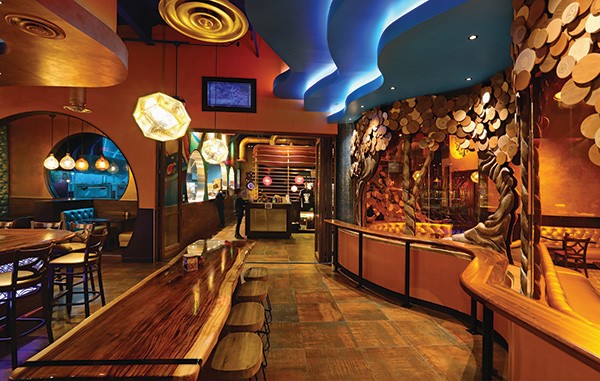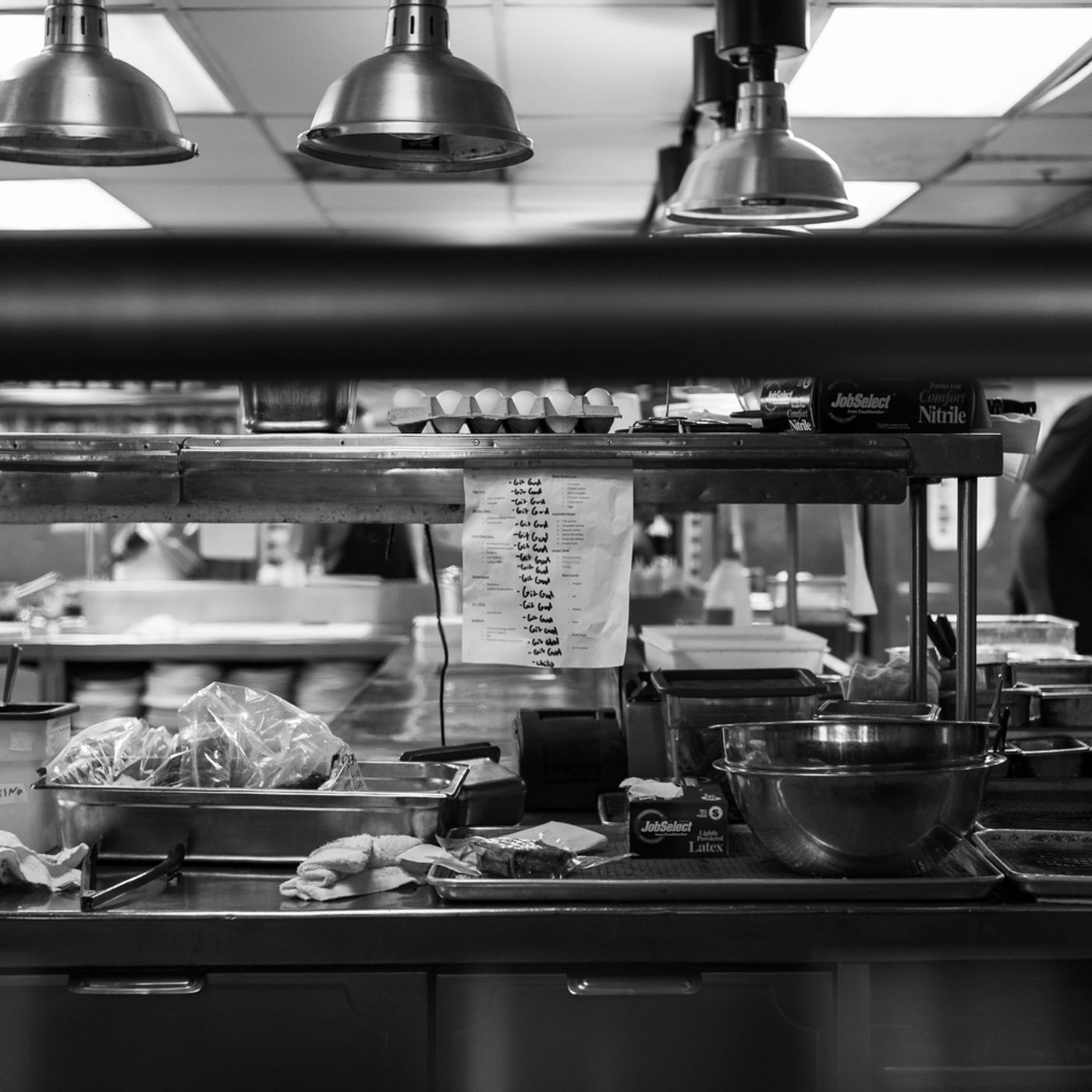When it comes to the competitive world of dining, the success of a restaurant is not only determined by the quality of the food that it serves, but also by the stories that it tells to its guests.
In order to create a memorable and immersive dining experience, effective storytelling plays a crucial role in the development of restaurant concepts. In this article, we will explore how storytelling can enhance your restaurant concept, creating a more meaningful and lasting connection with diners.
Creating a Memorable Dining Experience
A memorable dining experience is not just about the food; it’s about the overall ambiance and narrative. A restaurant concept with a compelling story can transport diners to another time, place, or culture. From the decor and music to the menu design and staff attire, every aspect of your restaurant can contribute to the immersive storytelling experience.
Differentiating Your Concept
In a crowded marketplace, storytelling can set your restaurant concept apart. It becomes your unique selling proposition (USP), helping diners understand what makes your establishment special. When diners can connect with the story behind your concept, they are more likely to choose your restaurant over others.
Highlighting Quality and Authenticity
Effective storytelling can convey your commitment to quality and authenticity. If your concept revolves around locally sourced ingredients or traditional cooking methods, sharing these stories with diners emphasizes your dedication to providing a genuine and exceptional dining experience.
Fostering Loyalty and Word-of-Mouth Marketing
Diners who feel emotionally connected to your restaurant concept are more likely to become loyal patrons. They will return for the experience, not just the food. Moreover, satisfied diners who resonate with your story are more likely to become brand advocates, sharing their positive experiences with friends and family, leading to valuable word-of-mouth marketing.
Adapting to Changing Tastes
Storytelling allows your restaurant concept to remain relevant and adaptable. You can update your narrative to reflect changing culinary trends, seasonal ingredients, or cultural influences. This keeps your concept fresh and intriguing for returning diners.
Aligning with Sustainability and Ethics
Today’s diners often seek restaurants that align with their values, such as sustainability and ethics. By sharing the stories of your commitment to responsible sourcing, waste reduction, or ethical practices, you connect with diners who share these values, attracting a conscious customer base.
In Conclusion
Restaurant concept development depends on storytelling; it’s not just a marketing tool. By building emotional connections, creating memorable moments, and differentiating your concept from your competition, it enhances the dining experience. Diners will engage with your restaurant on a deeper level with a well-crafted narrative, fostering loyalty. Remember that your story is an essential ingredient in the recipe for success, helping you create a dining destination that’s immersive and enduring.




